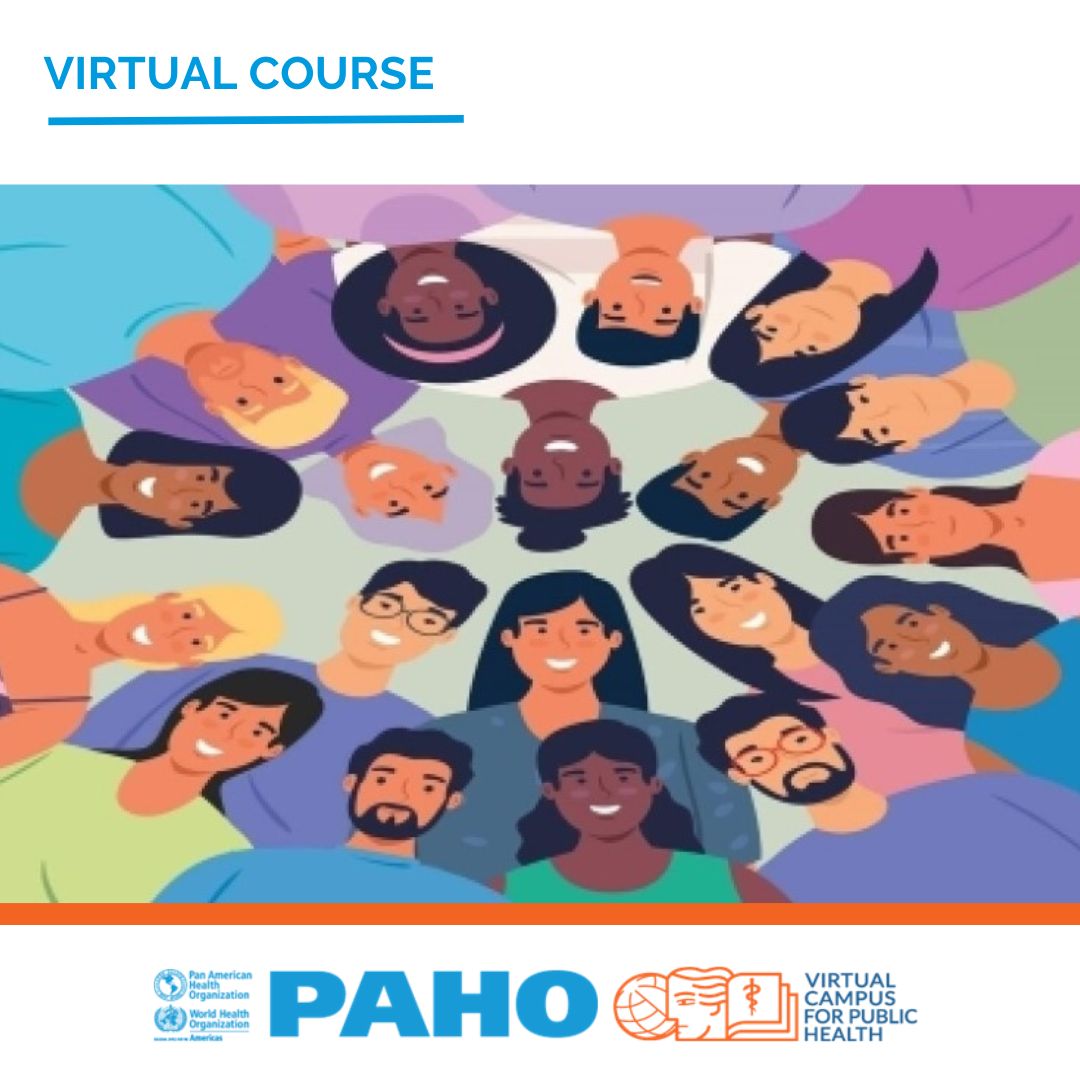Protection and promotion of human rights in mental health and psychosocial support in emergencies - English version (2022)

INTRODUCTION
Humanitarian crises (conflicts, health epidemics, socio-environmental disasters and migratory contexts) cause serious psychological and social suffering in the affected populations.
International standards on humanitarian action and mental health and psychosocial support -MHPSS- (including the Sphere Project and the IASC Guidelines on Mental Health and Psychosocial Support in Emergency Settings ) state that those who provide humanitarian assistance should promote the human rights of all people affected and protect all individuals and groups most at risk of violations of their rights. Among these groups are people with mental health problems and psychosocial disabilities.
Quality MHPSS response in emergencies requires humanitarian actors to be aware of key principles and tools on the protection and promotion of the rights of people with mental health problems and psychosocial disabilities. These principles have been mainly collected from the Convention on the Rights of Persons with Disabilities (CRPD) adopted by the United Nations in 2006 and ratified by 147 countries in 2007. Likewise, the WHO Quality Rights initiative includes the main tools for providing quality and rights-based care to people with mental health problems and psychosocial disabilities.
METHODOLOGICAL APPROACH
"Protection and Promotion of Human Rights in Mental Health Response and Psychosocial Support in Emergencies" is a self-learning course that is conducted entirely online through the online educational platform of the PAHO Virtual Campus for Public Health. The platform can be accessed from a computer, tablet or cell phone and allows downloading the contents.
Participants will have at their disposal tools and educational material to be used for efficient learning.
The academic activity is organized in 3 modules; it has an evaluation process in each module and a final questionnaire with questions (multiple choice, true or false) focused on evaluating knowledge.
It is important that you complete each of the modules in order. The platform will facilitate learning through texts, activities, and interactive videos in each case. The contents are organized in a structured way in each of the three modules and, therefore, will enable you to gradually understand the following ones. Once you finish the first one the next module will be enabled.
PURPOSE
This course aims to introduce the principles and tools to promote a quality and rights-based approach to MHPSS response in humanitarian emergencies and disasters.
OBJECTIVES
At the end of the course the participants will be able to identify:
- Concepts and principles of the human rights of people with mental health problems and psychosocial disabilities, in a context of catastrophes and emergencies in which it is necessary to work in MHPSS.
- Aspects related to the stigma that falls on people with mental health problems and psychosocial disabilities and the way in which it is possible to protect and promote their human rights.
- The way to apply the rights, recovery, and community approach in the care of people with mental health problems and psychosocial disabilities, in emergency situations.
- The basic tools to be used in working with people with mental health problems and psychosocial disabilities, to protect and promote their human rights.
- The essential, quality, and human rights actions to be developed in the MHPSS support system in emergencies.
COURSE RECIPIENTS
The course is aimed at all those people who are involved in the response to humanitarian emergency situations and catastrophes.
COURSE LOAD
- 2 hours each module.
- Total hourly load: 7 hours.
COURSE STRUCTURE
The course consists of 3 modules, each with its respective topics (8 in total):
MODULE 1. Fundamentals of Human Rights & MHPSS in Emergencies
1. MHPSS in emergencies
2. Stigma, Mental Health and Emergencies
3. The rights of people with MH problems during emergencies
MODULE 2. Approaches to Human Rights & MHPSS in Emergencies
4. Care from the quality and rights perspective
5. Tools to exercise legal capacity
6. Human rights violations and coercive practices
MODULE 3. Actions for Human Rights & MHPSS in Emergencies
7. Essential actions in the MHPSS response in emergencies
8. Integration of quality and human rights actions in the MHPSS support system in emergencies
- LEVEL 1. Basic services and security.
- LEVEL 2. Community and family supports.
- LEVEL 3. Non-specialized targeted support.
- LEVEL 4: Specialized services.
